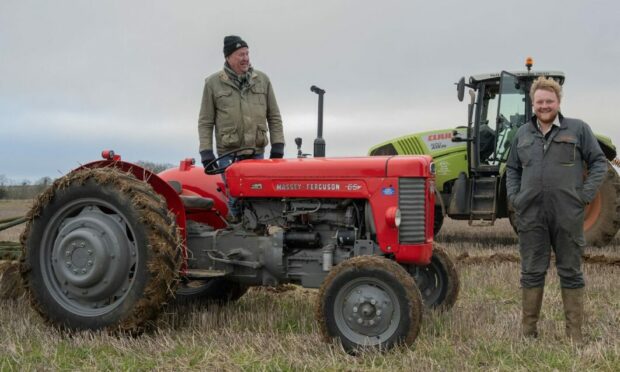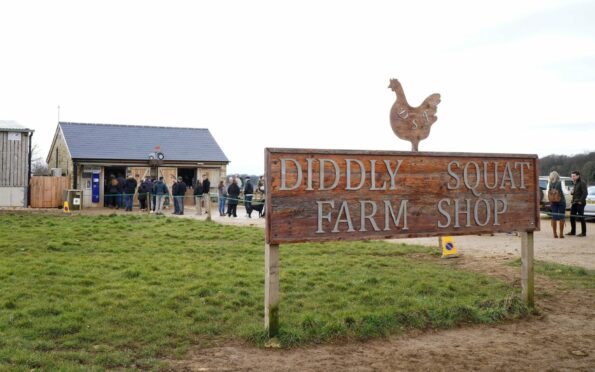Given his recent headline-grabbing remarks about Meghan Markle, watching a programme with Jeremy Clarkson might be a step too far for some viewers.
But – and I say this without trying to condone any of the things he said about Prince Harry’s wife – that would be a mistake.
Not only is Clarkson’s Farm the best thing he’s done, it also seems to serve a greater purpose than simply being a light-hearted vehicle to inflate his multi-hectare-sized ego.
Other farming shows, like BBC’s Countryfile, are admirable if a bit niche. With this Amazon series, Clarkson has produced perhaps the most mainstream, eye-opening depiction of modern farming on television.
The unexpectedly fascinating first season saw The Grand Tour presenter taking over the running of his Oxfordshire farm and discovering firsthand the near-impossible challenges that farmers face to simply turn a profit.
In the second series Clarkson has a new foe – local bureaucracy.
Aside from the Brexit-related red tape that seems to be plaguing the farming industry, much of the series is about his battle with West Oxfordshire District Council, who seem hell-bent on putting the kibosh on his plans for a restaurant – and pretty much every else he wants to do – at his farm.
While there are certainly slightly artificial elements to the show (in particular some of the encounters with Clarkson’s far more knowledgeable farmhand Kaleb), not to mention the fact that multi-millionaire Clarkson’s fretting about costs ring a little hollow, the series still gives a far more vivid portrait of farming than something like Countryfile.
Clarkson may have a position of immense privilege, but it’s laudable that he seems to have a genuine desire to spotlight all the challenges and frequently unfair obstacles that ‘normal’ farmers face on a day-to-day basis.
It’s just a shame that his big mouth often undermines all the good work he’s doing in that regard.


Conversation